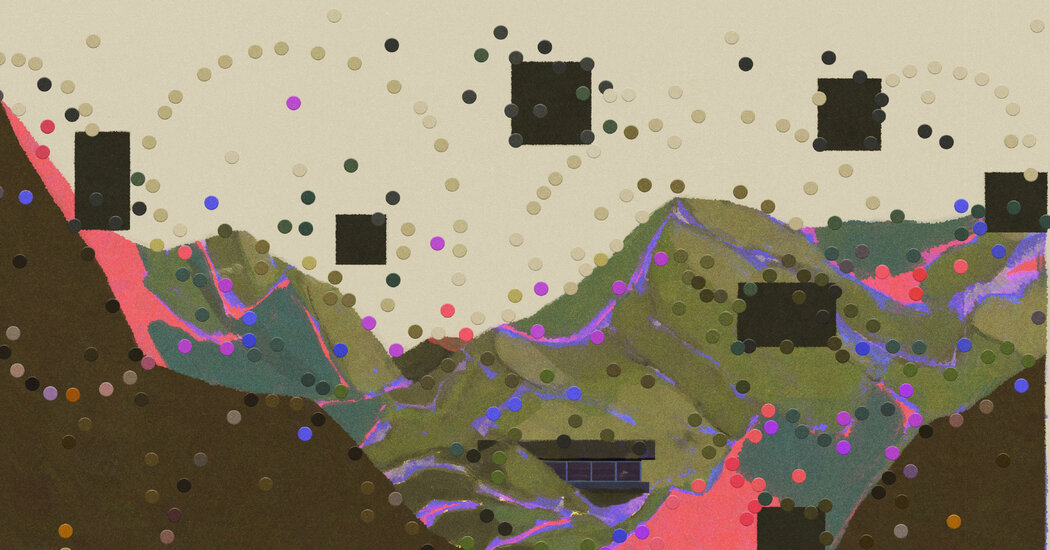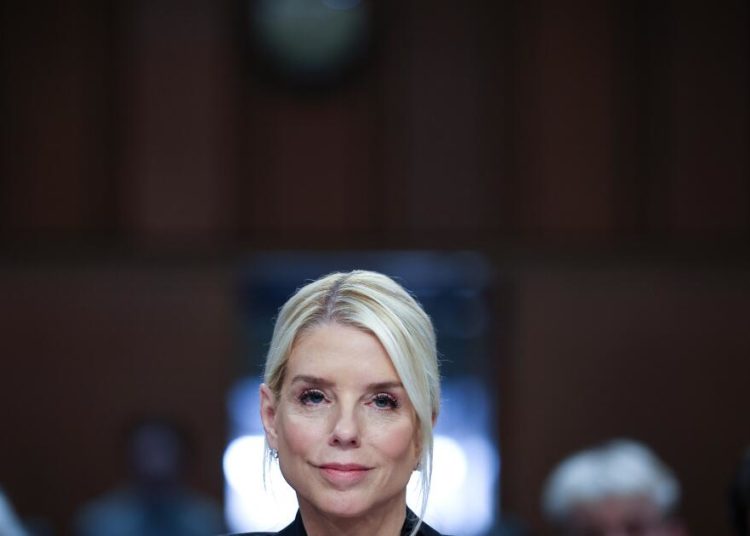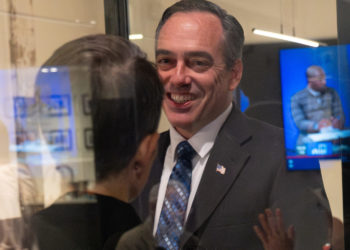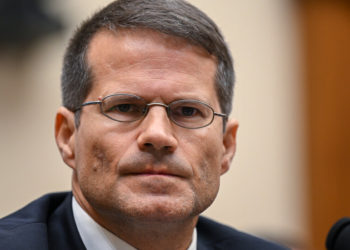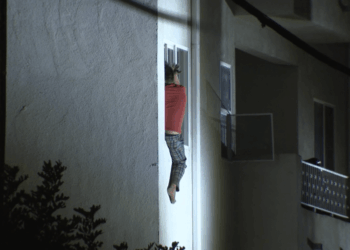THE STORY OF CO2 IS THE STORY OF EVERYTHING: How Carbon Dioxide Made Our World, by Peter Brannen
The thesis of Peter Brannen’s new book is right there on the cover: “The Story of CO2 Is the Story of Everything.” But surely there’s no way he means everything, right?
Oh, does he ever.
This ambitious, absorbing book begins with the origins of life and stretches through the rise of human civilization and technology, including all the modern woes associated now with the troublesome greenhouse gas.
By the end, the reader feels convinced: Evolution and human prehistory and wars and the Dutch East Indies Company and the attack on Pearl Harbor and Reagan and Thatcher and and and and and and. … All of it looks like the story of carbon dioxide, after all.
It could be seen as the story of energy as well, and one of the book’s many fascinating deep dives is its critique of economists, technocrats and futurists who, “overly impressed by the symbols of the synthetic world they’ve created,” fail to take energy into account. But here on Earth, with the peculiarities of geology and life, energy comes down to carbon.
Almost all of the energy that we have access to comes from the sun, and photosynthesis — the process by which plants turn the sun’s energy into chemical energy it can use — requires CO2.
In the usual processes, that energy trickles up through the food chain until it’s exhausted and released as waste heat. But the great luck of this planet is that rather than being consumed or rotted (same thing), reduced to waste and raw materials, some carbon stores — washes of plankton and heaps of swamp life — were instead entombed for millenniums in stone.
Thus, fossil fuels are “fossilized sunlight”: solar energy on reserve. This buried carbon also acts, in one of Brannen’s running metaphors, as a giant capacitor. It was charged by geology; it is now being discharged by human workings “on a planetary scale.”
But as Brannen, a contributing writer at The Atlantic, described in his 2017 book on mass extinctions, “The Ends of the World,” geology has found ways to discharge similarly stored energy in the distant past. It did not go well.
While Brannen doesn’t shy away from the fearsome shape of our future, he finds ample joy in this deep-time journey, unafraid to puncture his expertise with gob-smacked wonder. And he takes great pleasure in language, always spry with a sentence (“Russia shared a meaty tundra handshake with Alaska”) even as the world literally burns.
At certain extremes, Brannen’s enthusiasm colors his claims. He tends to go out on a limb, writing for pages as if we’re on solid ground until he acknowledges controversies with something like a perfunctory “or maybe not!”
At one point, he spends pages outlining the Jevons paradox, a 19th-century economic theory on energy and growth, then writes, “It’s worth flagging that the continued relevance of the paradox is hugely contested, and that everything you’ve read above is hugely controversial.” Fair, but I’ve already spent those pages being convinced. No after-the-fact disclaimer can temper that.
Take Pearl Harbor: Accepted wisdom may say that the attack was an attempt to draw America into war, or intimidate it into submission. But Brannen sees only CO2 — the bombing a safety measure so that oil-starved Japan could plunder Indonesian oil fields untroubled.
What could come across as bias, though, ultimately reads as passion instead. Brannen is an effusive, maximalist writer, a mind vividly alive on the page. He is never coy with an opinion, whether it’s which extinct animals he imagines were ugly (the “torpid little piglike Lystrosaurus” of 250 million years ago; the “phantasmagoric ogres” of the middle Permian era) or how he feels about the Carboniferous period’s massive insects, supersized by abundant oxygen (“It was a horrifying time to be alive”).
And his arguments, like his writing, are hugely compelling. Entwined with his proselytizing for the importance of CO2 is another, more meaningful assertion, one that gives the book both tenderness and gravity.(The urgency of climate change is plenty grave, of course, but Brannen’s readers are likely well aware of it, and disinclined to dwell in that swamp of bad feeling.)
The story of CO2, he posits, extends through geology and biology to human civilization precisely because the two can’t (and shouldn’t) be separated: “However much we privilege human history as distinct from the rest of the natural world … we are a natural phenomenon.”
It is a blessing and a burden. We cannot escape the carbon math. Resources are finite, and our actions have impact, far beyond what hundred-year climate models can see. But we are not an anomaly on the Earth, not a cancer or a poison.
We are a manifestation of life, an island of order channeling energy toward entropy for a time.And that island, too, is a part of the story of CO2 — the story of our entire world.
THE STORY OF CO2 IS THE STORY OF EVERYTHING: How Carbon Dioxide Made Our World | By Peter Brannen | Ecco | 512 pp. | $35
The post An Environmental Villain, Reconsidered appeared first on New York Times.
